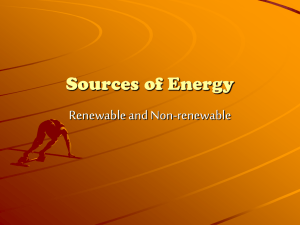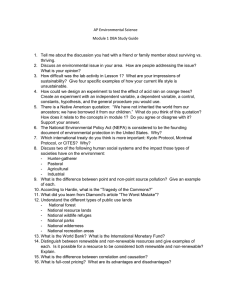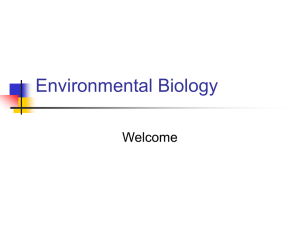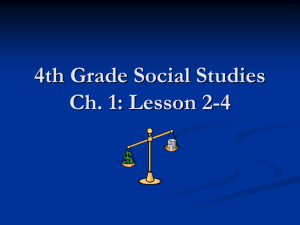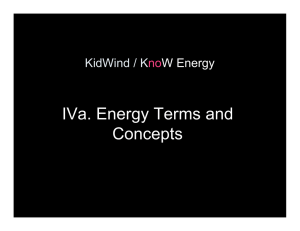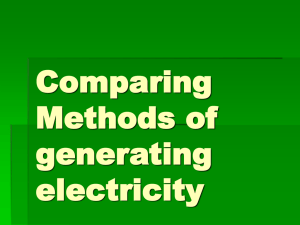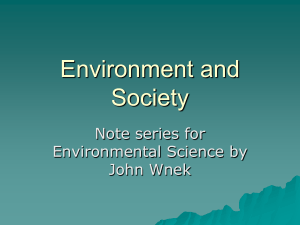Chapter 7 Mineral Resources Define the following:
advertisement
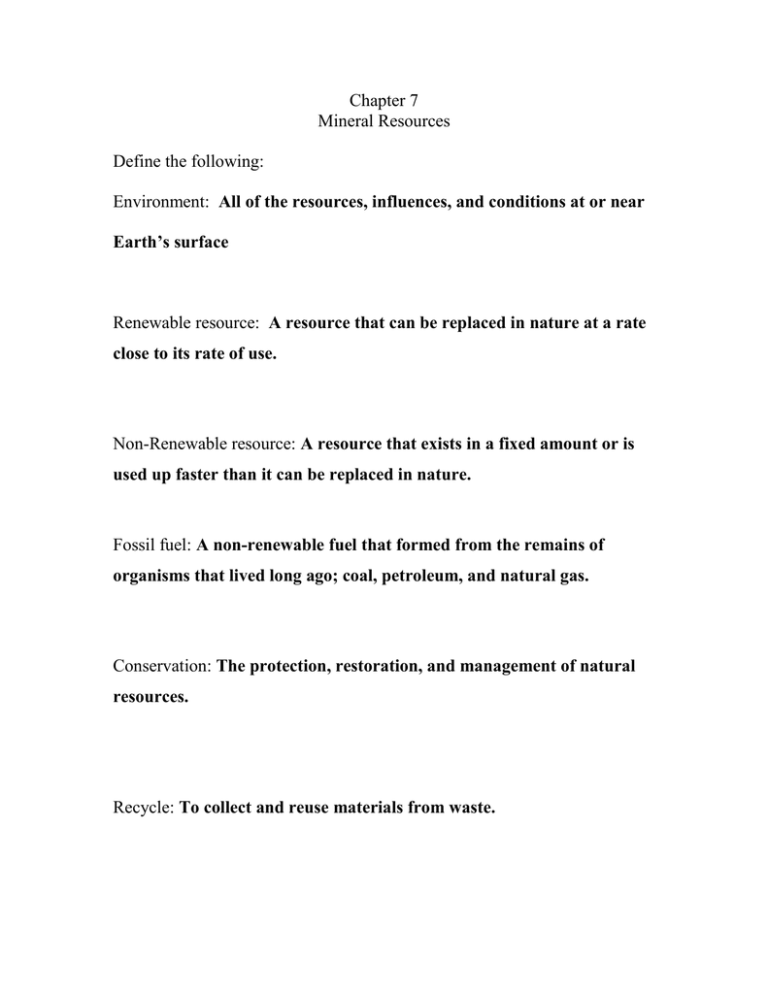
Chapter 7 Mineral Resources Define the following: Environment: All of the resources, influences, and conditions at or near Earth’s surface Renewable resource: A resource that can be replaced in nature at a rate close to its rate of use. Non-Renewable resource: A resource that exists in a fixed amount or is used up faster than it can be replaced in nature. Fossil fuel: A non-renewable fuel that formed from the remains of organisms that lived long ago; coal, petroleum, and natural gas. Conservation: The protection, restoration, and management of natural resources. Recycle: To collect and reuse materials from waste. Renewable resources are resources that can be RESTORED and used AGAIN and AGAIN. Renewable resources include: Air, water, and sunlight. Non-renewable resources can be used only ONE TIME. Non-renewable resources include: COAL, PETROLEUM, NATURAL GAS, and CRUSHED STONE. Some non-renewable resources are very hard to EXTRACT which may limit the supply and make the resource more EXPENSIVE to those who need it. Energy Resources Renewable Non-renewable Wind Water Fossil Fuels Solar (sun) Geothermal Uranium COAL, petroleum, and NATURAL GAS are considered NONRENEWABLE resources even though they continue to form under earth’s surface. This is because HUMANS are using these resources faster than they can be produced. Because they take MILLIONS of years to form, they are considered NON-RENEWABLE. Since humans are using up non-renewable resources faster than they can be produced, what do you think will happen to renewable resources? RENEWABLE RESOURCES USE AND AVAILABILITY SHOULD INCREASE CONSVERATION involves preserving resources by reducing their use and by improving their EFFICIENCY in our use of them. Recycle GLASS, PLASTICS, and METALS instead of throwing them out. Both CONSERVATION and RECYCLING are important ways to make sure that we continue to have things for humans to meet their personal needs. The EPA LAWS and the 1990 POLLUTION PROTECTION ACT are ways that the government has acted to protect our environment and our resources. Resource 1. Mined minerals Problems Waste rock; sulfuric acid; chemical contamination; water pollution; open pits; loss of topsoil. 2. Nuclear power Radioactive byproducts; accident potential 3. Fossil fuel power Air pollution; acid rain; threatens open lands; oil spills. 4.Water power Need dams for storage 5. Wind power Interfere with broadcast reception; interfere with bird migration; use of arable land, storage limitations 6. Geothermal power Not located near centers of need; cave-ins; water pollution 7. Solar power Storage limitations; weather dependent
